Peter Costello questions refusal of more Qatar flights as Coalition alleged ‘sweetheart deal’ for Qantas
The Opposition Leader’s comments came as Peter Costello said he can’t fathom why a decision was made to restrict Qatar from increasing flights to Australia.
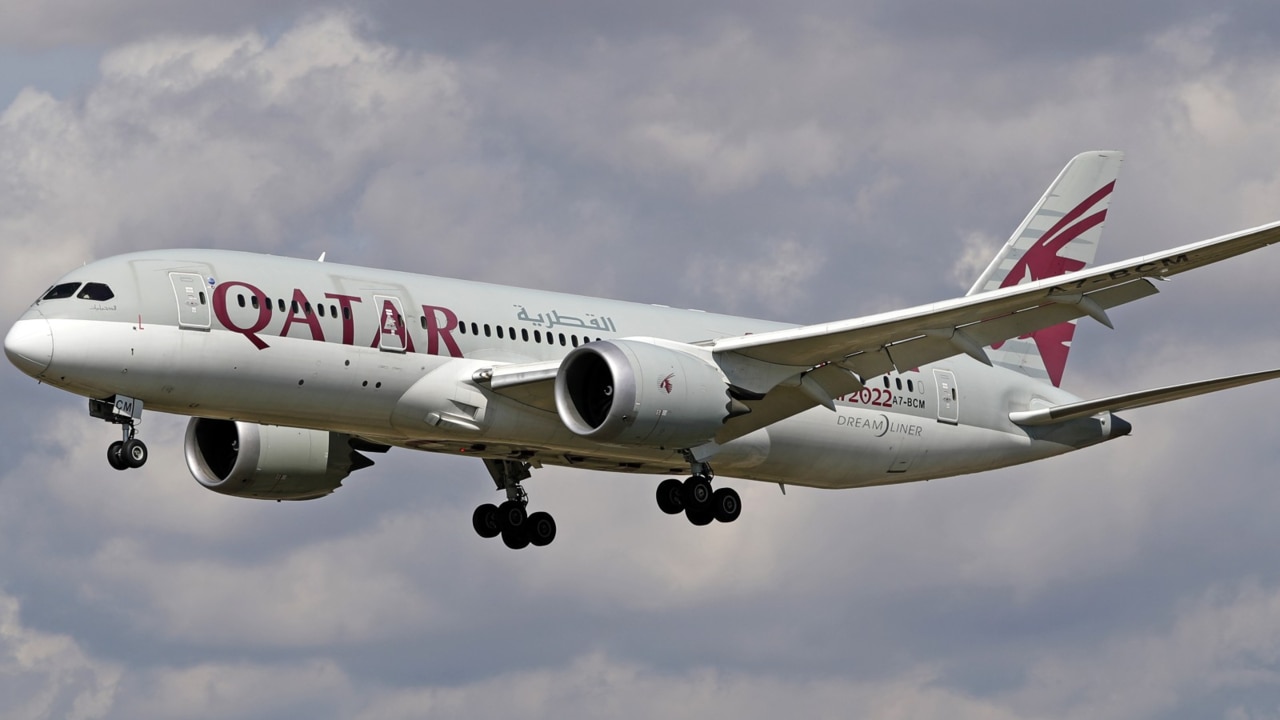
Former treasurer Peter Costello says Qantas is one of the most powerful players in Canberra and he can’t fathom why a decision was made by the Albanese government to restrict rival international carrier Qatar from increasing flights into Australia.
Mr Costello’s comments came as Peter Dutton signalled he would target Anthony Albanese over the Qatar decision when parliament returns next week.
The Opposition Leader accused the Prime Minister of a “secret sweetheart deal” with Qantas “to protect the national carrier”.
“The government has had seven different positions in seven days on the Qantas-Qatar deal,” he said. “I want to see Australians paying less for their airfares because at the moment Anthony Albanese signed up to a sweetheart deal in secret.”
At the same time Singapore Airlines responded to claims by Qantas that it may not have increased capacity into Australia had Qatar Airways been granted extra flights.
The claim was made by Qantas general counsel Andrew Finch on Tuesday during a parliamentary committee hearing on economic dynamism and competition.
When asked about the difference the Qatar Airways flights would have made to airfares, Mr Finch said “no one has any idea”.
Singapore Airlines on Wednesday said its planned increase of capacity into Australia in 2024 was based on strong demand.
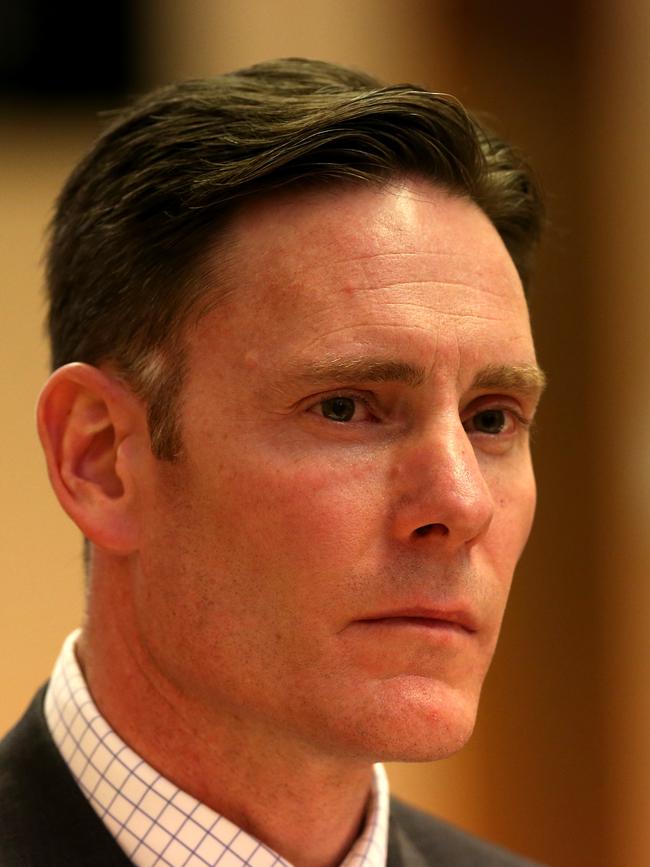
Mr Costello said Qantas had “a very strong brand and puts a lot of effort into advertising and lobbying”.
“As a company, it is one of the most powerful players in Canberra,” he added.
He was speaking in his capacity as chairman of the Future Fund at a briefing. “It is hard to fathom why the government would not allow more flights into Australia at a time when fares are so high and volumes still down on pre-Covid levels,” he said. “By not allowing further international flights into Australia you’ll have less competition, you’ll have higher fares, you’ll have higher inflation.
“It’s very hard to fathom what the thinking behind that was.
“The suggestion that the government somehow had a responsibility to protect (Qantas’) profit? I just can’t understand – the government is not there to protect anybody’s profit.”
He said private sector companies were supposed to compete with each other. “It’s up to them to protect their own profits within the framework that’s been set.”
Mr Costello demanded the government come clean on why it made the decision. “I think we need a much clearer explanation of those comments,” he said.
The government knocked back Qatar’s application in July following Qantas’ objection.
Federal Transport Minister Catherine King has not provided a clear explanation for the decision to refuse Qatar’s request, saying only that it was “not in the national interest”.
Assistant Treasurer Stephen Jones this week suggested the government did not want to drive airfares down to a level where it was not sustainable for Qantas.

Qantas recently announced a record $1.74bn profit for the 2023 financial year, aided by high airfares, which chief executive Alan Joyce said “peaked in December 2022”. He also said Qantas was not always able to get flights to all the destinations it wanted to service, saying it had been denied additional capacity into Fiji, Bali and Paris.
Singapore Airlines on Wednesday said its own increase in capacity into Australia was based on strong demand.
Qantas’s counsel Mr Finch had told the parliamentary committee on Tuesday: “If Qatar had added the capacity, it’s quite possible that others may not have dedicated the capacity they have now such as Singapore Airlines and China Southern, which more than compensates for the flights Qatar failed to get.
“What we are seeing now is all those airlines adding capacity into the market so they can be back to pre-Covid levels.”
His comments reflected statements made by Qantas chief executive Alan Joyce that another 28 flights a week by Qatar Airways into Australia would “distort the market”.
On Wednesday, a Singapore Airlines spokeswoman said her company had experienced “strong demand for flights to and from Australia since international borders opened, and it was with this in mind that we have been able to increase our capacity into 2024”.
“Decisions to increase capacity to any destination across the Singapore Airlines network are based on a range of factors and market dynamics,” the spokeswoman said.
“Since pandemic travel restrictions gradually eased worldwide, we steadily restored capacity in tandem with the return in air travel globally.”
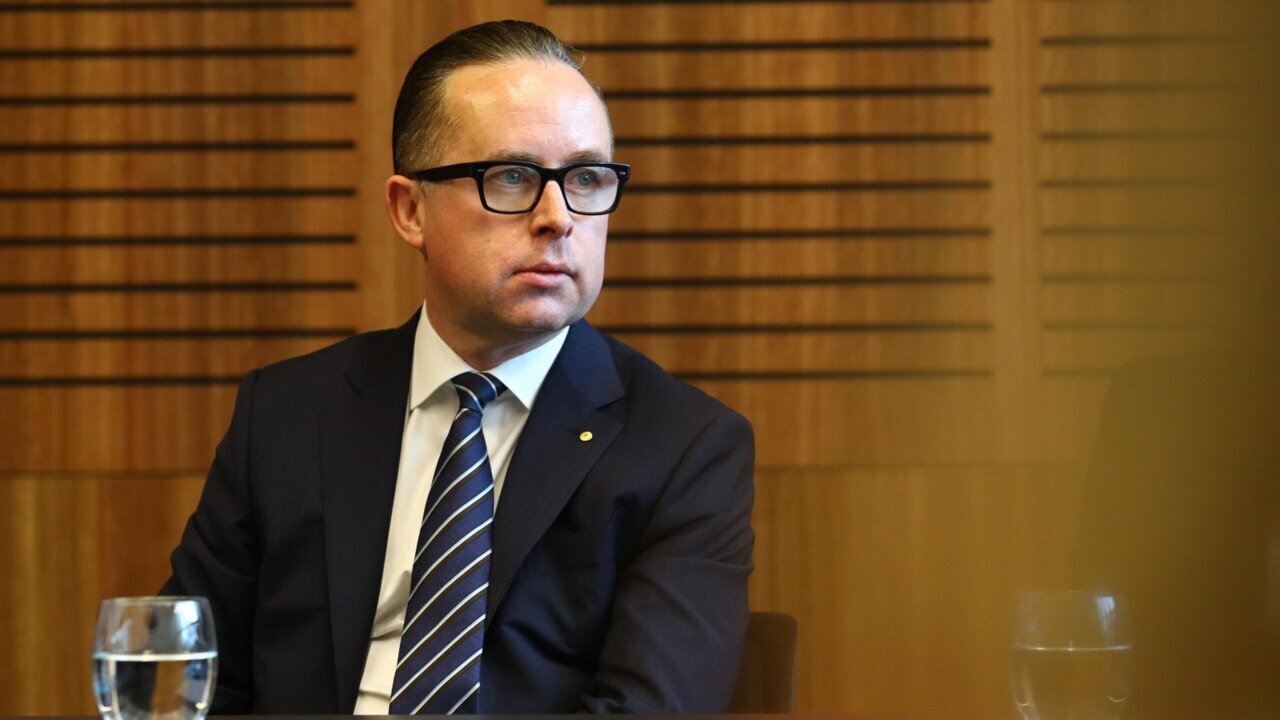
Qatar Airways’ application for more bilateral air rights was knocked back by the federal government in July, triggering an angry response from business leaders, and the tourism and travel industry.
To date, federal Transport Minister Catherine King has not provided a clear explanation for the decision, telling parliament it was “not in the national interest” but failing to elaborate.
Assistant Treasurer Stephen Jones shed some more light on the matter this week, suggesting the government did not want to drive airfares down to a level where it was not sustainable for the existing Australia-based carrier.
Qantas recently announced a record $1.74bn profit for the 2023 financial year, aided by high airfares, which Mr Joyce said “peaked in December 2022” and were gradually coming down.
He also made the point that Qantas was not always able to get flights to all the destinations it wanted to service, saying the airline had been denied additional capacity into Fiji, Bali and Paris.
Qatar Airways is yet to comment on the government’s knock back of its application, but partner Virgin Australia has made its disappointment well known.
Virgin chief executive Jayne Hrdlicka said it was a “nonsense” for Qantas to say the extra flights would distort the market, and suggested the services would have made a significant difference to airfares.
The Australian Chamber of Commerce and Industry also argued the flights would have generated $788m in revenue to the visitor economy, by bringing in more international visitors.



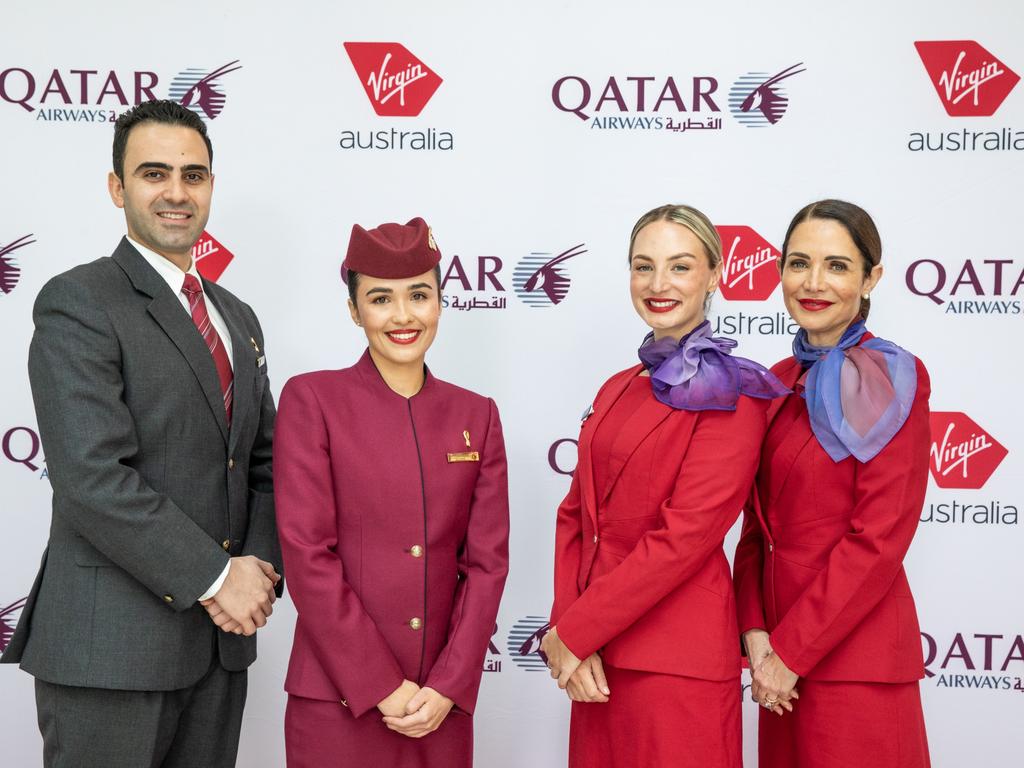

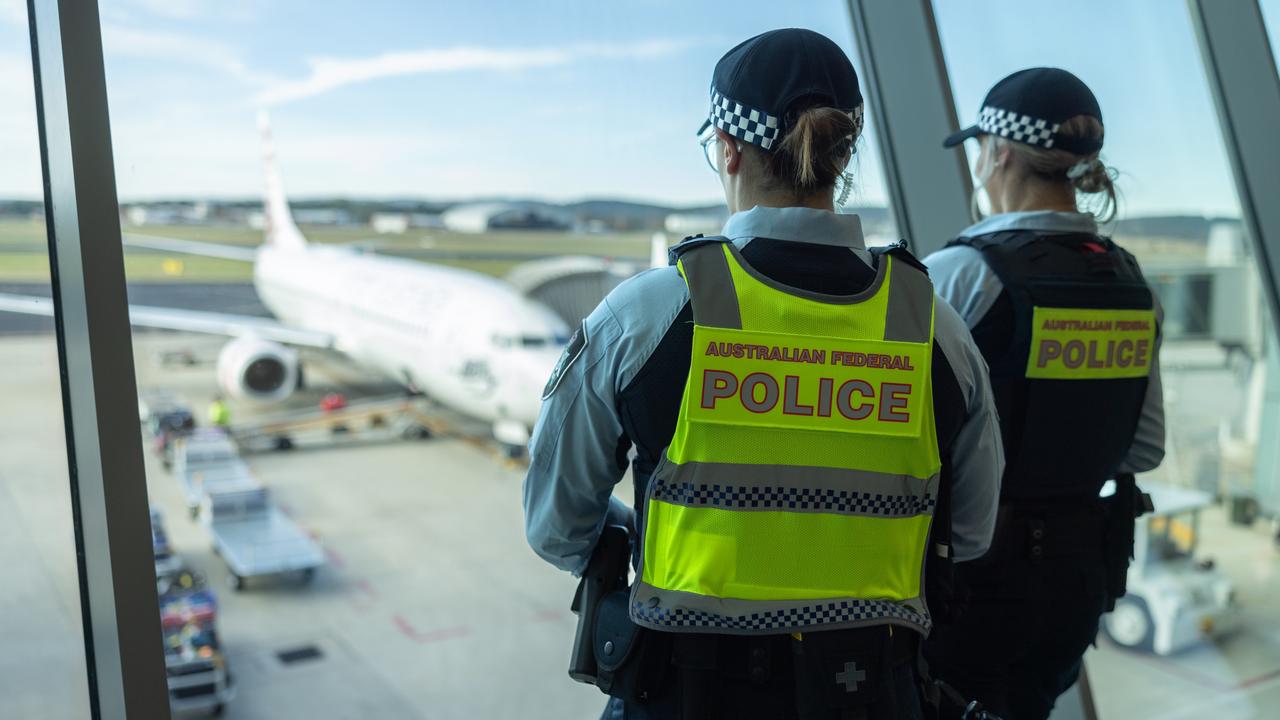
To join the conversation, please log in. Don't have an account? Register
Join the conversation, you are commenting as Logout